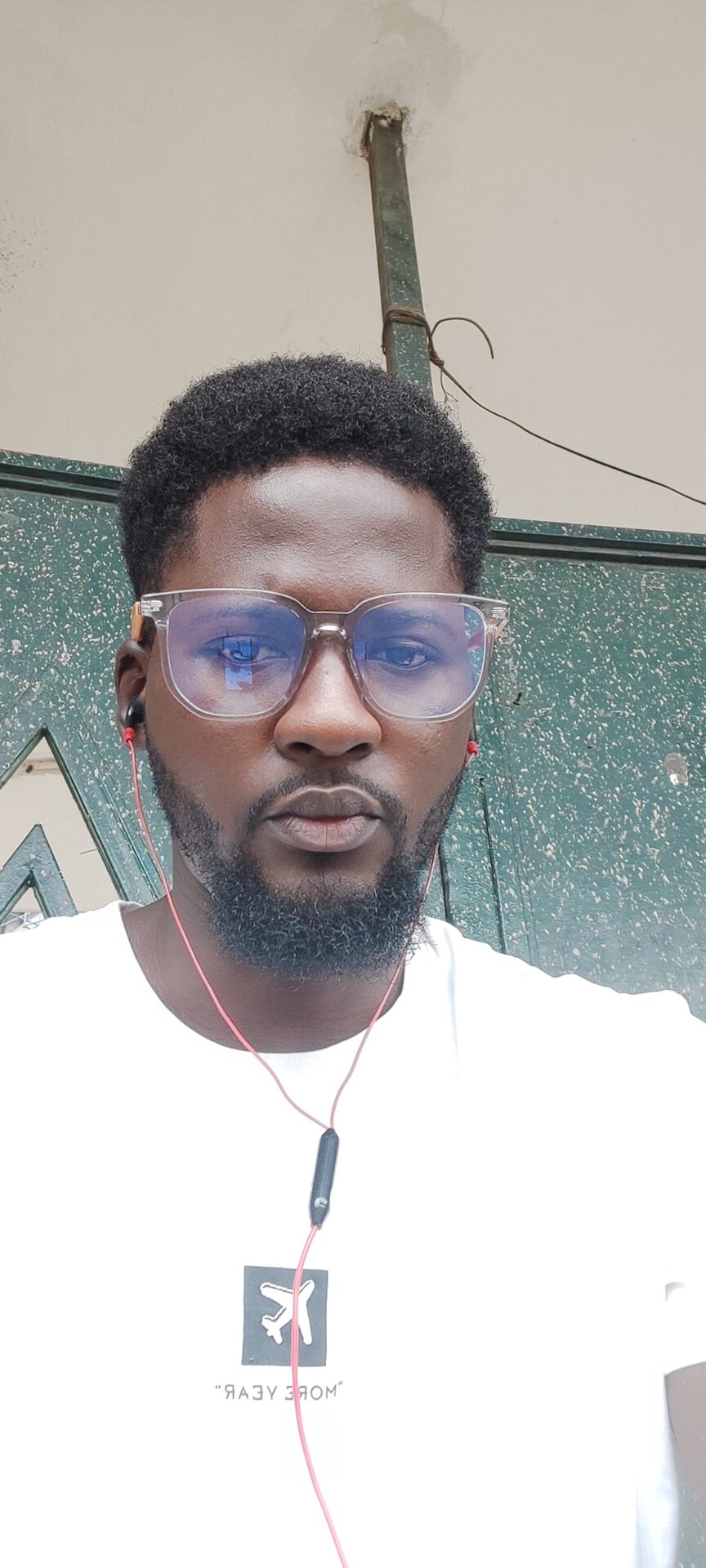
Top 30 Cartoon Characters That Were Villains
Our list rounds up the top 30 cartoon characters that were villains, each one more wonderfully wicked than the last.
Essays, Opinions
Western Fiction of every sort presently has more appeal to the bulk of African readers, not necessarily because of any literary superiority but because of an unwillingness of the former to evolve.

You can say everything you like about African Literature. It’s one very broad category, rich in experience and, of course, tragedy. Certainly not exempting the tragedy; the tragedy is everything.
As a result of the need to discuss societal issues, the explored channels are almost thoroughly cleaned out, in and out. The genre, in short, undergoes a yearly exhuming, which does nothing more than expelling a few lazy cobwebs, nothing truly exhilarating. Even with all of the natural talent engaged in one capacity or the other, the writing of English Literature in Africa, particularly Nigeria, is yet to achieve the dizzying heights it promised several decades ago.
The classics naturally touched primarily upon the expected insight into society, along with a dose of quality exposure to some of the finest works and the finest exponents of the linguistic intricacies: proficient, native speakers. The resulting works were unique and revolutionary. The more traditional themes of hardship and hard choices in pre-colonial publishings gave way to the more modern, contemporary themes that are, in essence, the very same theme, only told differently. In other words, it’s all very much alike.
No line separates the exhilarating from the erotic, the tensing from the opioid.
Without obvious examples, the conclusion is that much of African Literature is not genre-fluid. Or one could disagree, instead stating that the voices are not loud enough.
The theories are the same. Enough weight is slacking. We could be doing so much more. Tomi Adeyemi‘s recent success with a very obvious genre is a plus, but it could have been more, better even. The feeling is that there is a wide range of themes and concepts available to the African literary creative, themes that are currently under-explored.
The regular African story will naturally feature the themes of hardship. Romance is almost always tragic. The story is almost always set in this backdrop. The settings vary from early democratic times to colonial hardship to slow-developing modern cities with equally struggling characters. Of late, there have been some truly masterful pieces by African authors, but truly mammoth strides have not been made, despite the effort from creatives.
Genre fiction has a great deal of appeal to readers, simply because not all pieces appeal to different readers. The lack of versatility and true specialization becomes all more obvious in this attempt to whet the ever-needy appetites of readers who already have refined, specific tastes. Many contemporary African books do not fit into any genre fiction category; thus, the propensity to classify comic works such as Wole Soyinka’s Jero Plays same as the contemporary romances of Chimamanda and the tragedies of a book such as Stay With Me.
As earlier stated, most of the main-selling themes and genres remain mostly untouched. The solution would be the gearing of writers and publishing houses to more genre-attuned works. Western Fiction of every sort presently has more appeal to the bulk of African readers, not necessarily because of any literary superiority but because of an unwillingness of the former to evolve.
Let us write true romances, the sweet stories of unlikely couples overcoming the unique obstacles of African society to genuine love. Let us write fast-paced thrillers with all the drama that the continent dishes out on a relatable daily, from the plains of East Africa to the sandy dunes of the north. Let us write chilling horror with all the horrifying ingredients of African spirituality. Let us pen down comedy in its purest contemporary form. Let us write LGBTQ, with all the modern controversies and unwillingness of our governments to accept it. Let us write spirituality and delve into the fertile plains of mythology. This hotbed alone has unimaginable potential.
Of course, these are just my opinions, but I’d be interested in reading yours in the comments section below if you oblige. Thank you.

The Tyrant Overlord. Fantasy buff and avid football fan.

Our list rounds up the top 30 cartoon characters that were villains, each one more wonderfully wicked than the last.

DC is great at making comics and animated movies, while the MCU has the upper hand in its cinematic aspects

Discover the best apps to read books for free in 2025. Access thousands of free e-books and audiobooks on your phone or tablet. ...

There are some outright funny cartoon characters who exist solely to crack you up, loud, hard, and with zero apology.

Things Fall Apart is for the colonizers as well as the colonized, helping to understand the role of colonialism in the realization...

While many of the Nollywood movies on our list are quite old, it’s a testament to the capabilities of the industry’s p...

While this isn’t an exhaustive list, it comprises some of the most popular mythical creatures from around the world.